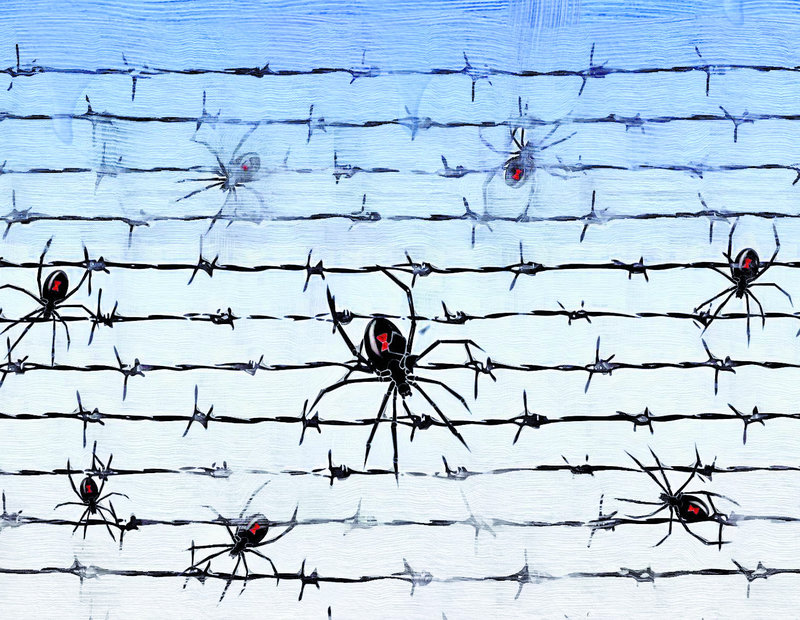Long-term resident
Matthew tree
Hit it
Three, maybe four, years ago, a friend gave me – or lent me, I can't remember – a book of stories ('Haunted', 2005) by Chuck Palahniuk. I didn't touch the thing, put off as I was by some unexciting non-fiction I'd previously come across by the same author. But as all the people I knew who had read Palahniuk's fiction – and there seemed to be plenty of them - had always made much of it, the other day I picked up 'Haunted' and gave it a go. It turned out to be succession of tales filed with cannibalism, viral sickness, self-mutilation, starvation and routine murder. Its concentration on grisliness, violence and bodily functions - at Palahniuk's live readings of the book, several members of the audience never fail to faint - reminded me of a Catalan short story writer I've just discovered, called Damià Bardera. Now, I know Palahniuk is a world-class author who has sold millions of copies of his books and has been translated into dozens of languages; and that Bardera is a little-known writer (even in Catalonia) who has been published in one language only by a one-horse house tucked away in Vilanova i la Geltrú; but I couldn't help feeling that when it came to lighting up the dark side of life – the declared aim of both writers - Bardera somehow just has the edge on Palahniuk.
In his new collection, 'Contes de propina' ('Extra Tales') Bardera takes a series of mainly autobiographical episodes from his infancy and adolescence and turns them into insinuations of the horror of adulthood, being as they are replete with casual deaths, mentally or physically impaired children, embarrassing physical malfunctions, alcoholism and suicide.
Palahniuk, as mentioned, deals in roughly the same fare, but dolls it up with outlandish names for the characters and over-the-top scenarios, so that it has a comic-book feel; by contrast, Bardera's sinister episodes are written with a throwaway nonchalance and are placed in everyday settings, thus making them feel much closer to (anyone's) home. To top it all, in the second part of the book, he changes format, switching to one paragraph fantasies which pack punch after punch: lonely shop window dummies calling each other on mobiles, a spat-on child whose head generates rainbows, a sky full of spiders and rusty wire... It may seem futile to write in English about an author who is only available in Catalan, but I would bet anything you like that Damià Bardera will be translated. And that, sooner or later, if you read at all, you'll be giving him a try.


